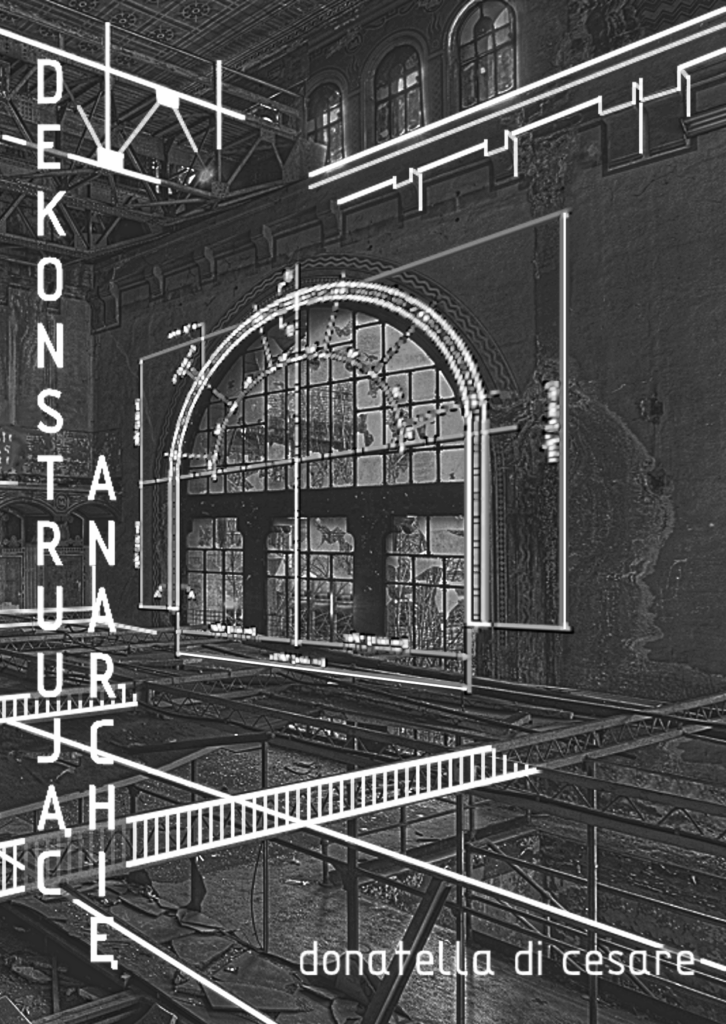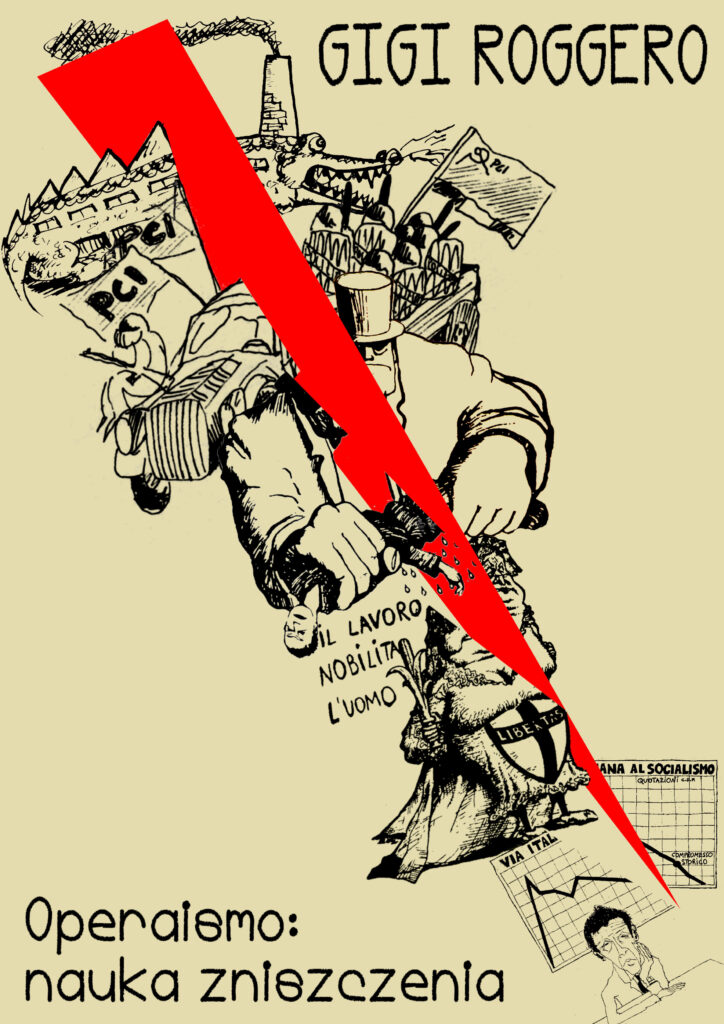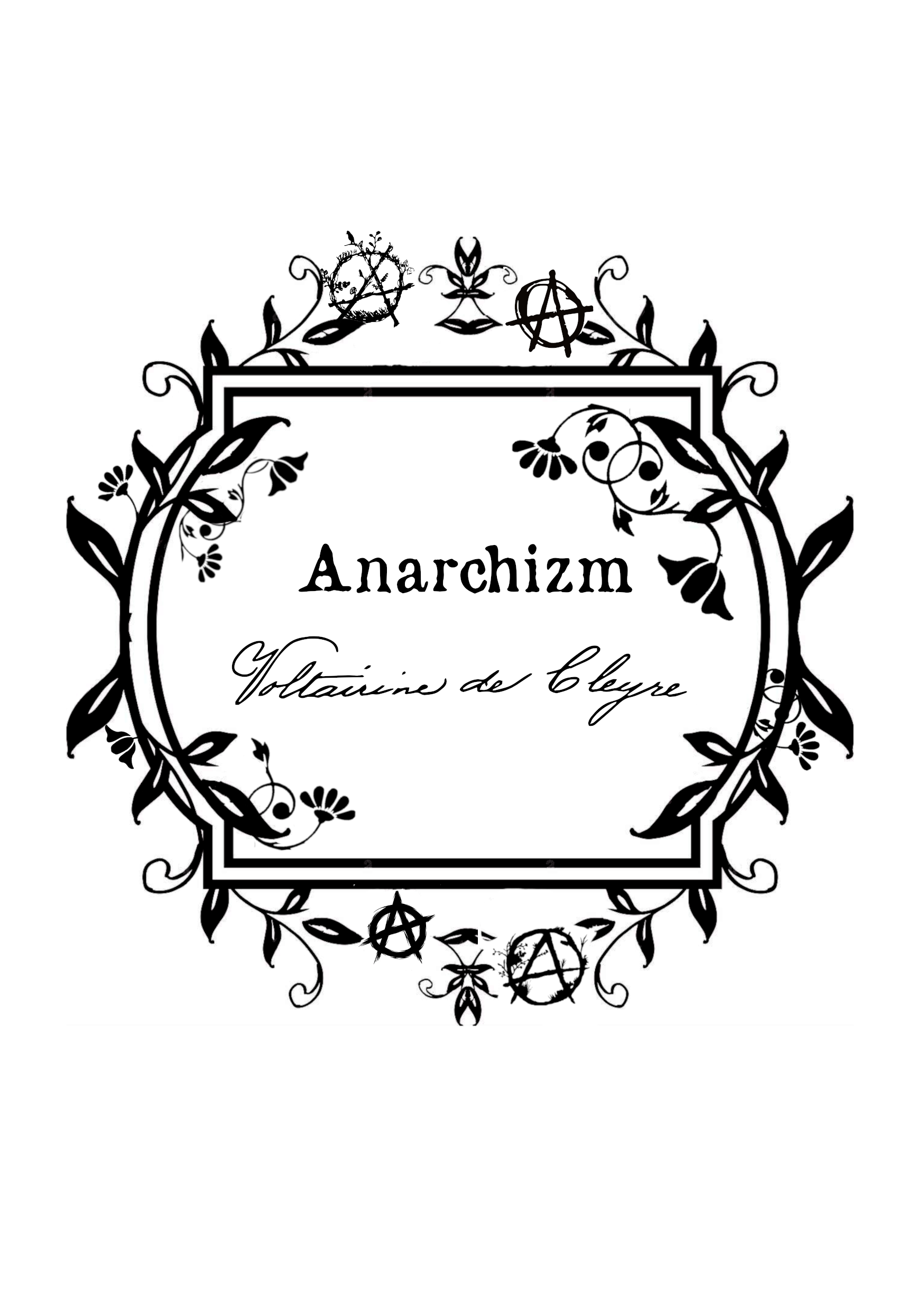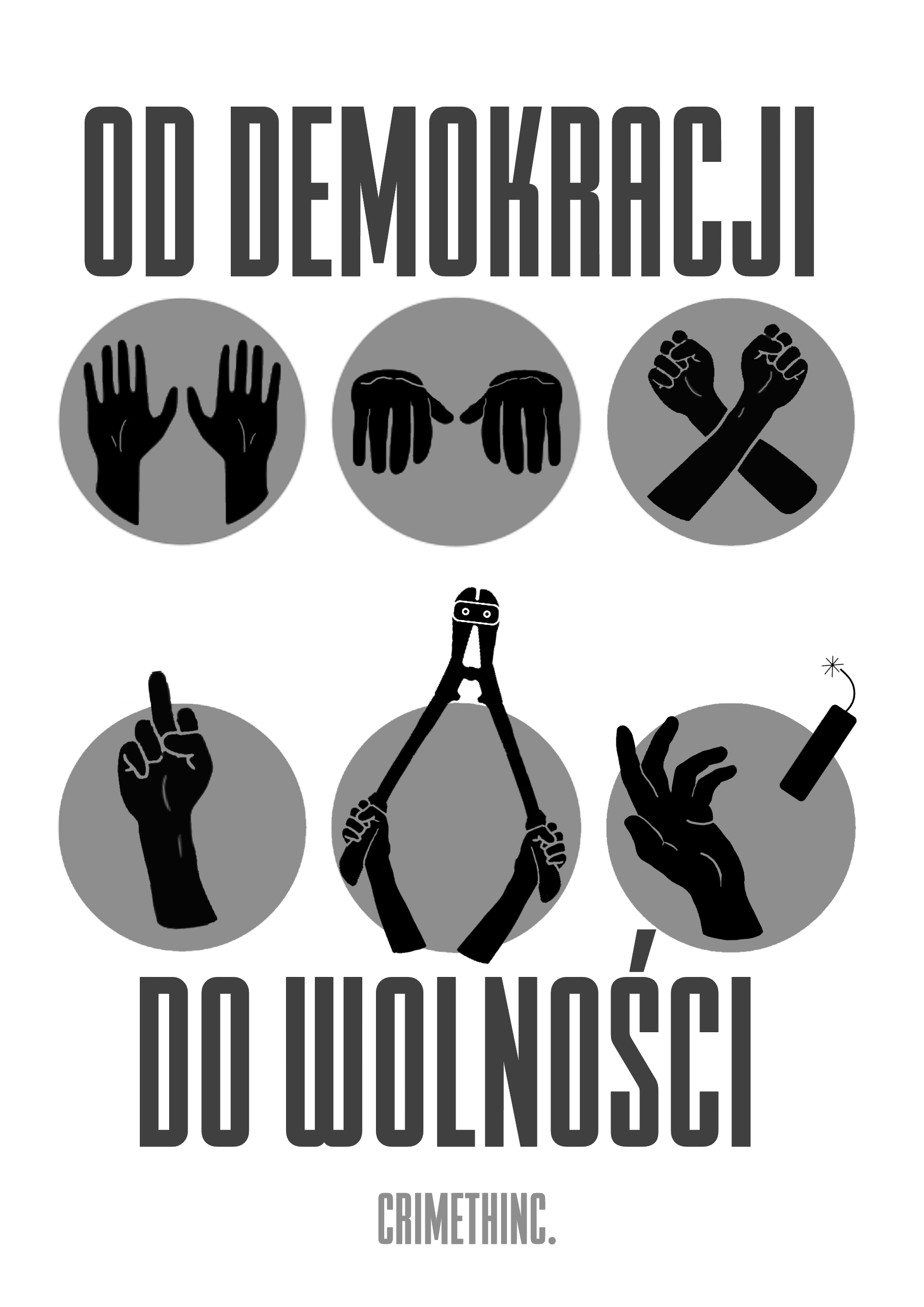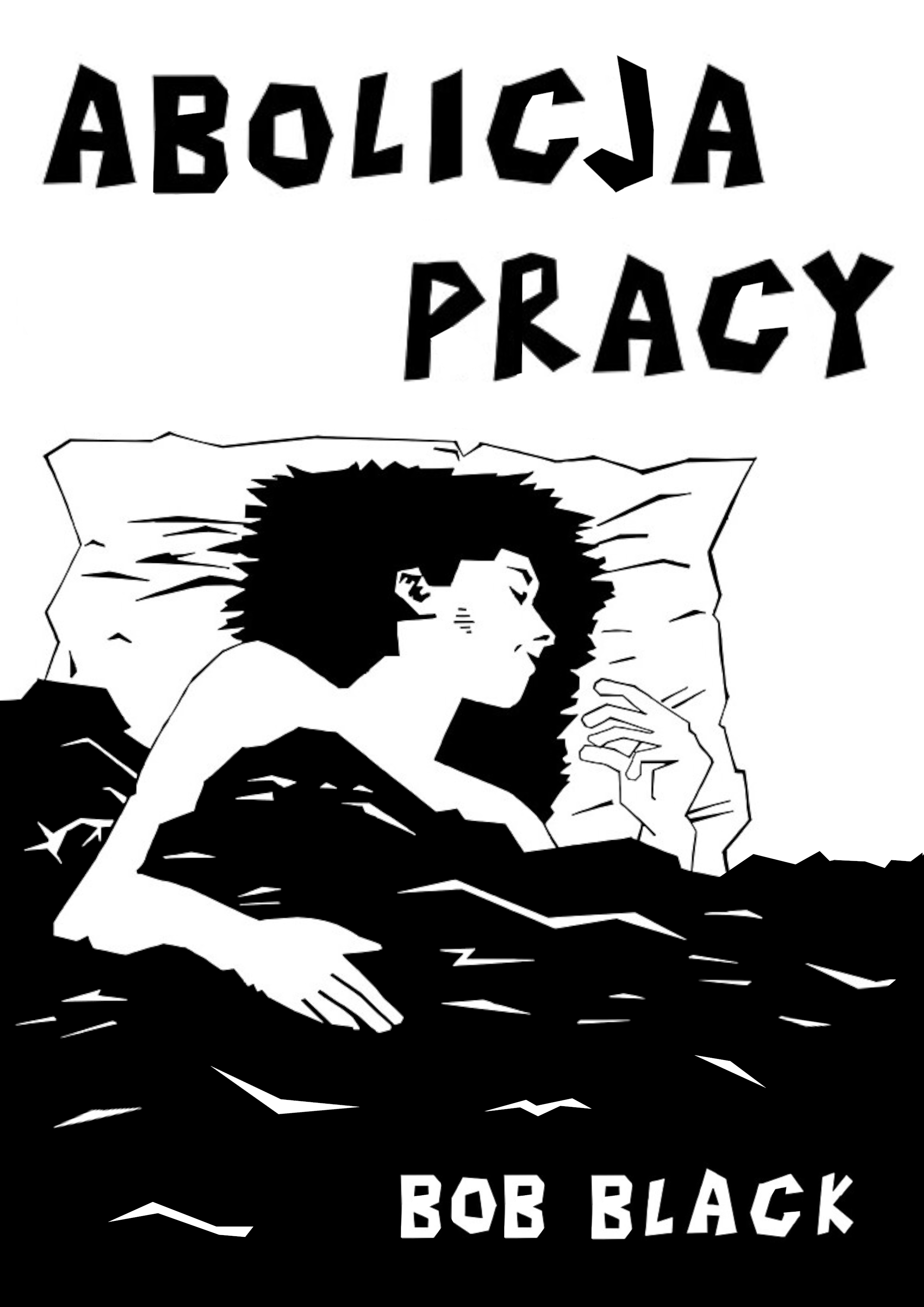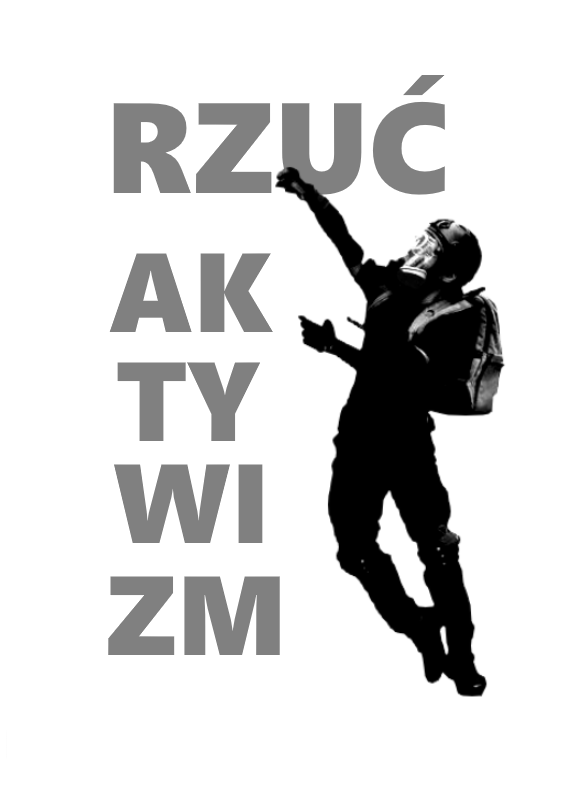Unclassically
What can the non-classics tell us?
How to understand the ideas of those who spoke mainly through actions?
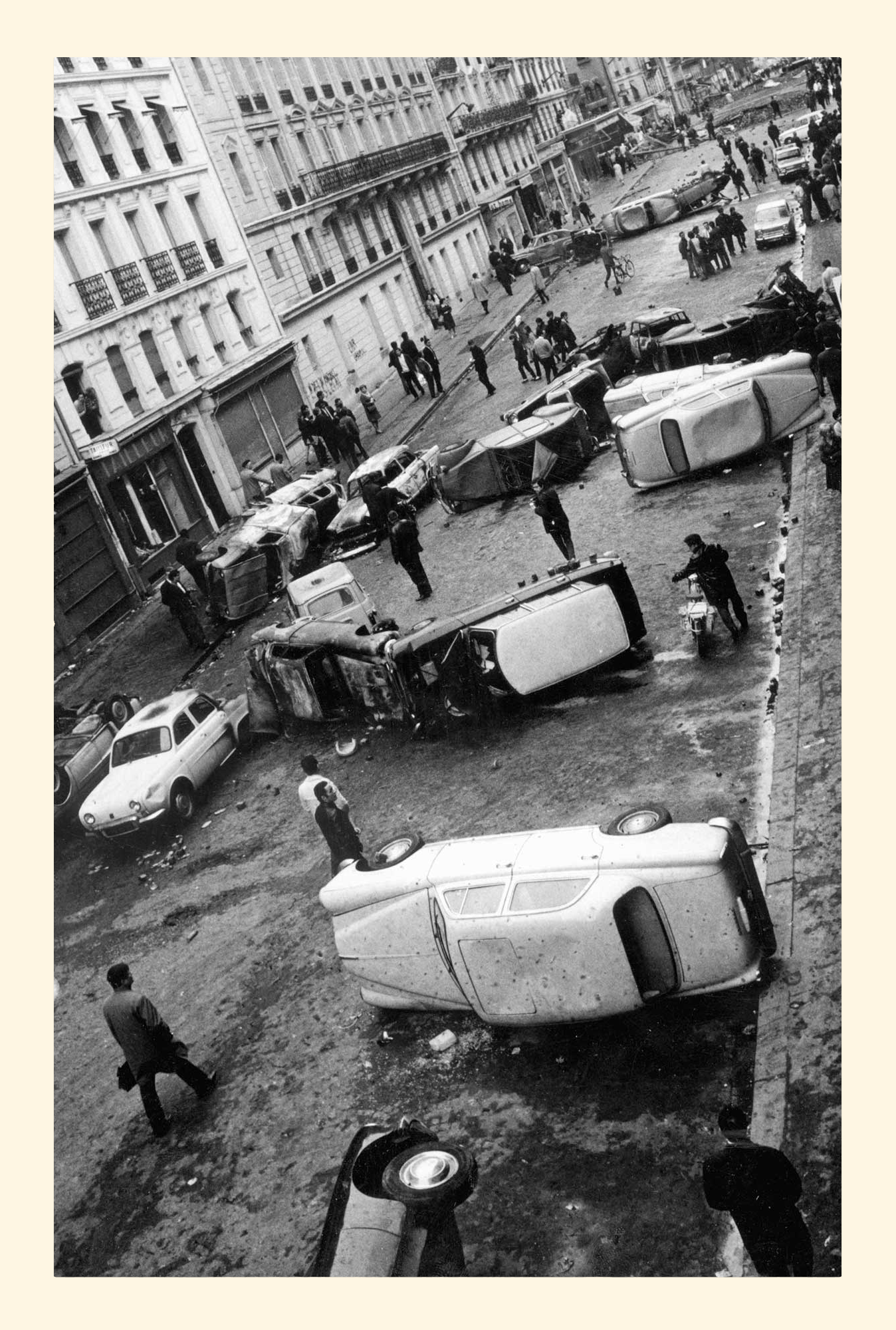
Every ideology has created for itself its canon and its saints. The existence of such "classics" means adherence to (and therefore exhaustion of) given beliefs or strategies - making it almost doomed to be boring and outdated. In addition, it is recommended to everyone to the point of boredom, often ends with it and builds solely on its "foundations." Classics, however, do not match the radicalism of the past, and do not exhaust the present at all. There have always been non-classics and those who have not been canonized.
There are non-classical peers of the classical texts - Voltairine de Cleyre, Max Stirner or Albert Libertad; and later ones - like the Situationists or Jaques Camatte. All that is overlooked by the classics, because it undermines its foundations, goes in other directions and reasons with a different logic.
There are also those who have never created a "theory" and are rather known for their deeds. In spite of this, Russian nihilists, Italian attentati, wild strikers or Los Angeles black rioters present explosive and iconoclastic theoretical thought, even if it's fragmented - because they never got caught in the clutches of the classics.
It is possible to think unclassically today, if only in categories other than the established ones, such as democracy, organization and work. Drawing on older, non-established ideas can help, but one can also unabashedly reinterpret the classical ones to get more out of them than one is used to. To think non-classically, however, is first and foremost to abide by the timelessly radical spirit of opposition to the domination of some ideas over others - to any " foundations."

